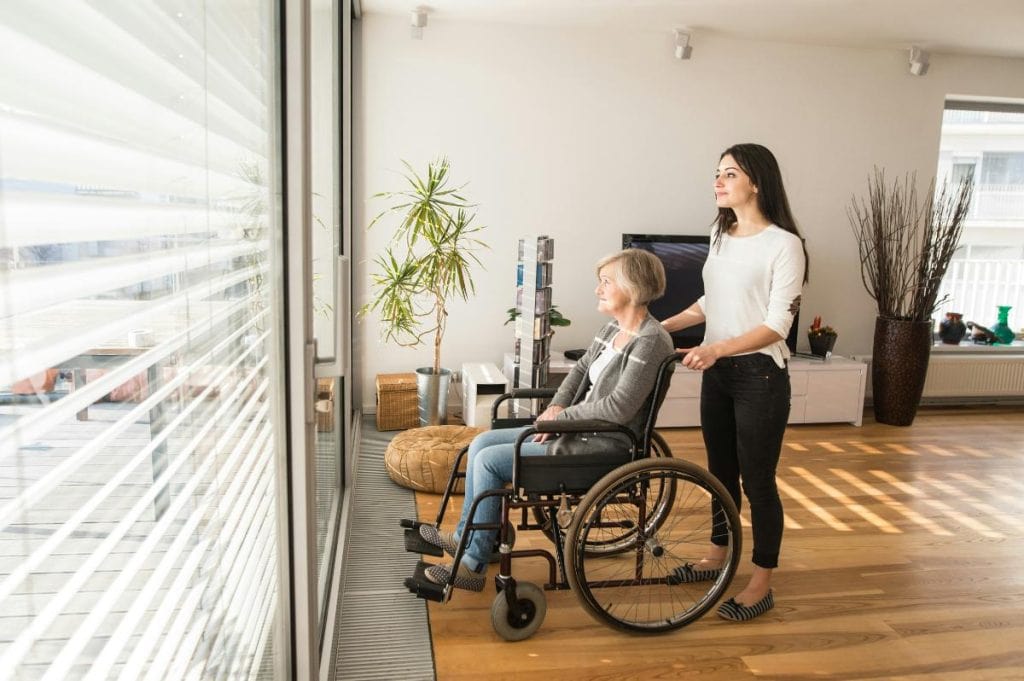As your parents get older and start to require more care and assistance, you may find yourself becoming their primary caregiver. This role reversal can bring up many complex feelings and present logistical challenges. Being prepared for the responsibilities and aware of the resources available can help make caring for aging parents more manageable.

Providing Emotional Support
When your aging parents begin needing more help due to declining health or mobility issues, it signals a major life change for everyone involved. Your parents may grapple with losing independence and coming to terms with aging in general. You might struggle with worrying about their well-being or feeling guilty that you cannot do more.
These emotional challenges can put a strain on your relationship with your parents. Be patient and understanding during this difficult transition. Have open and honest talks with them about their needs and concerns. Respect their wishes as much as possible. Also, don’t forget to take care of your own mental health during this stressful time. Seek support from family, friends, or professionals when needed.
Assisting with Daily Activities
As your parents’ physical abilities decrease, you will likely need to take on more hands-on caregiving duties. This could involve tasks like:
- Driving them to doctor’s appointments
- Grocery shopping and meal preparation
- Helping with bills and finances
- Assisting with bathing, dressing, and grooming
- Managing medications
- Housecleaning and laundry
Develop a care plan that outlines what you will help with and what your parents can still do independently. Be careful not to take over so much that your parents lose their sense of autonomy. Also, don’t underestimate how much time these responsibilities can take, especially if you are juggling your own job and family. Don’t be afraid to ask siblings or other family members for help.

Exploring In-Home Care Options
When your parents require constant or specialized care that you cannot provide on your own, in-home caregivers can offer assistance. Professional home care in Tacoma, WA, may involve:
- Skilled nursing for medical needs
- Personal care like bathing and dressing
- Light housekeeping
- Companionship activities and transportation
- Medication reminders and meal preparation
- Dementia or Alzheimer’s care
Reputable care agencies thoroughly screen, train, and supervise their caregivers. Compare costs carefully, as in-home care is not inexpensive. Long-term care insurance or veterans benefits may offset some expenses. Talk to your parents and siblings when deciding if in-home caregivers could benefit your situation.
Transitioning to Alternative Living Arrangements
Over time, your aging parents’ needs may surpass what can be managed at home. At this stage, they may benefit emotionally and physically from moving to an assisted living community or nursing home. While this major life change can be difficult, supportive services like the following may become essential:
- 24-hour supervised care
- On-site nursing staff
- Regular assistance with daily living
- Occupational and physical therapy
- Social engagement opportunities
Get your parents’ input when touring and evaluating facilities. Weigh the costs of various options. Ultimately, prioritize your parents’ safety, comfort, and happiness when determining the right senior living situation.

Being a caregiver for aging parents presents complex challenges. Patience, communication, and seeking support can make the caregiving role more manageable during this significant life transition. With planning and awareness of available resources, you can ensure your parents receive the physical and emotional care they need.
